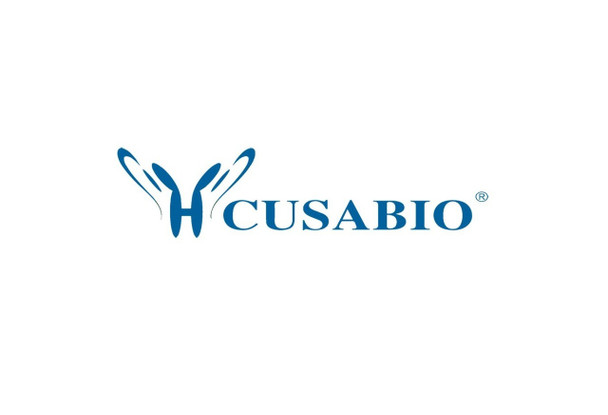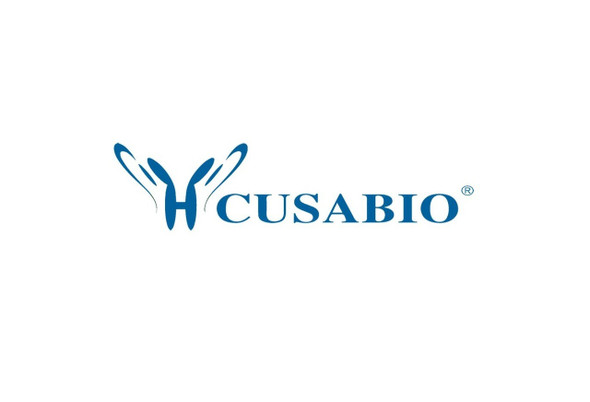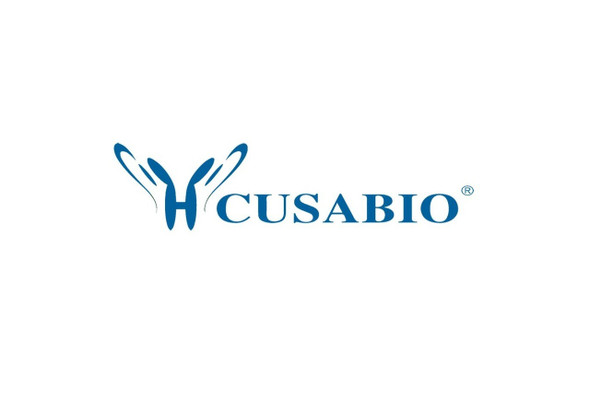Cusabio Polyclonal Antibodies
ABCA13 Antibody | CSB-PA294593
- SKU:
- CSB-PA294593
- Availability:
- 3 to 7 Working Days
- Size:
- 100ul
Description
ABCA13 Antibody | CSB-PA294593 | Cusabio
ABCA13 Antibody is Available at Gentaur Genprice with the fastest delivery.
Online Order Payment is possible or send quotation to info@gentaur.com.
Product Type: Polyclonal Antibody
Target Names: ABCA13
Aliases: ATP-binding cassette sub-family A member 13;
Background: In human, the ATP-binding cassette (ABC) family of transmembrane transporters has at least 48 genes and 7 gene subfamilies. This gene is a member of ABC gene subfamily A (ABCA) . Genes within the ABCA family typically encode several thousand amino acids. Like other ABC transmembrane transporter proteins, this protein has 12 or more transmembrane alpha-helix domains that likely arrange to form a single central chamber with multiple substrate binding sites. It is also predicted to have two large extracellular domains and two nucleotide binding domains as is typical for ABCA proteins. Alternative splice variants have been described but their biological validity has not been demonstrated.
Prades C., Cytogenet. Genome Res. 98:160-168 (2002) .
Ota T., Nat. Genet. 36:40-45 (2004) .
Schaap F.G., Submitted (APR-2002) to the EMBL/GenBank/DDBJ databases.
Isotype: IgG
Conjugate: Non-conjugated
Clonality: Polyclonal
Uniport ID: Q86UQ4
Host Species: Rabbit
Species Reactivity: Human
Immunogen: Synthesized peptide derived from internal of human ABCA13.
Immunogen Species: Human
Applications: ELISA, IF
Tested Applications: ELISA, IF;IF:1:100-1:500
Purification Method: The antibody was affinity-purified from rabbit antiserum by affinity-chromatography using epitope-specific immunogen.
Dilution Ratio1: ELISA:1:2000-1:10000
Dilution Ratio2: IF:1:100-1:500
Dilution Ratio3:
Dilution Ratio4:
Dilution Ratio5:
Dilution Ratio6:
Buffer: Rabbit IgG in phosphate buffered saline (without Mg2+ and Ca2+), pH 7.4, 150mM NaCl, 0.02% sodium azide and 50% glycerol.
Form: liquid
Storage: Upon receipt, store at -20°C or -80°C. Avoid repeated freeze.
Initial Research Areas: Signal Transduction
Research Areas: Metabolism;Signal transduction






